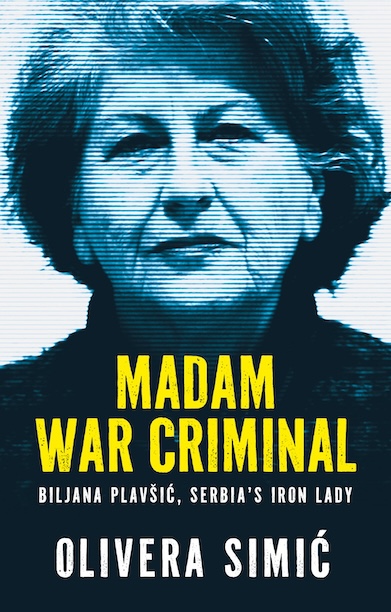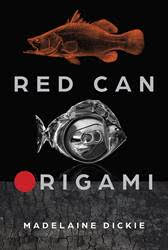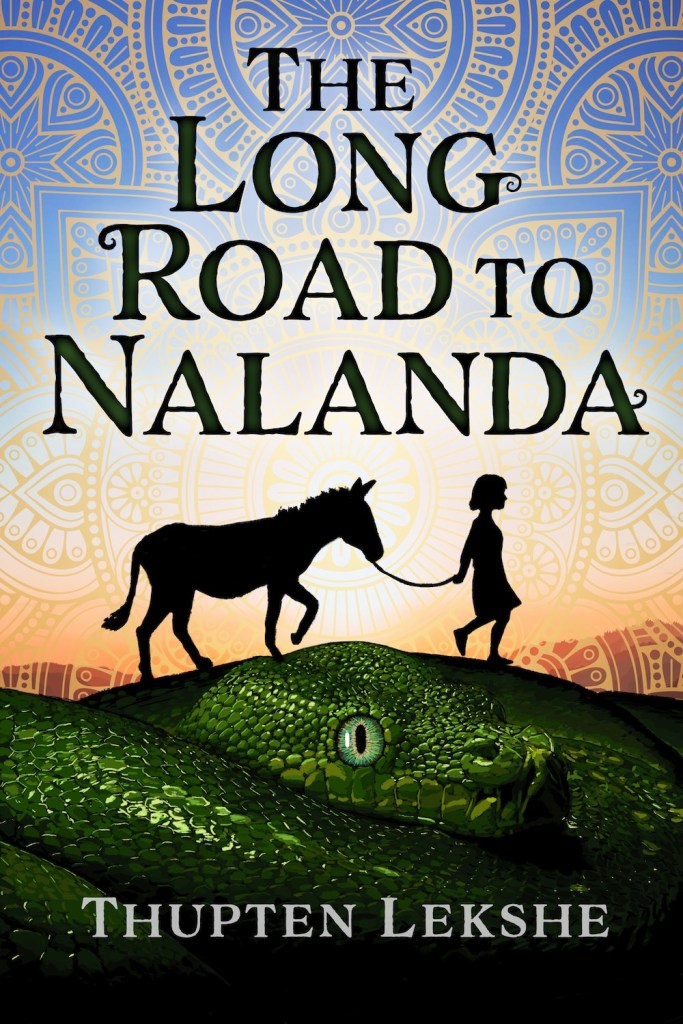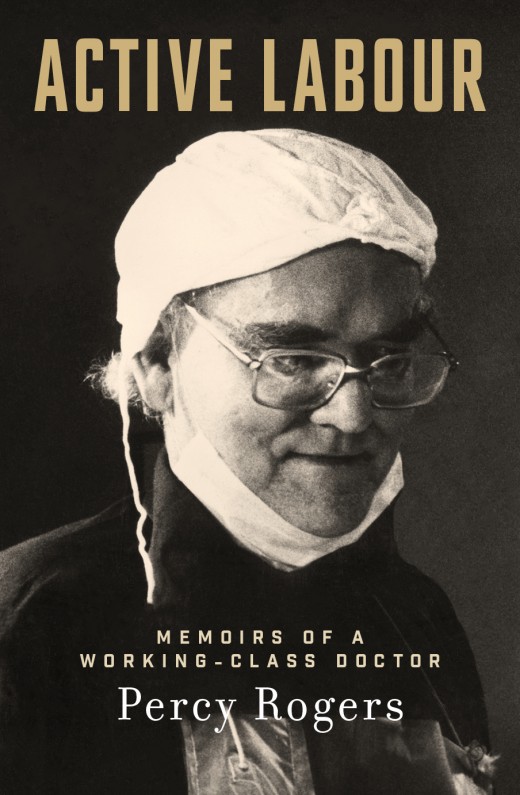Writers who approach me about a mentorship are passionate about their writing projects, but many are plagued with doubts — usually about the standard of their writing and the marketability of the content. I consider it a privilege to mentor writers who are seeking an experienced manuscript assessor and editor who understands the rocky road that precedes submission to publishers or literary agents. It is a huge responsibility as there has to be a balance between encouragement and honest appraisal.
As a writing mentor I aim to keep my authors motivated by setting workable deadlines. I check in regularly with them, helping them produce the best writing possible through to the final full-stop.
Is this your first attempt at writing a book?
A successful writing mentor is a trusted ‘human’ resource for those writers who are new to the process of writing a book. They require encouragement to keep refining what they have written so far without stifling their creative growth. Overreliance on an AI editor can be harmful to an emerging author’s creativity and unique voice and style.
A mentor’s objective overview and constructive feedback, which may include a sprinkling of tough love, can be reassuring and provide a fresh perspective. I am currently mentoring a writer who has written many wonderful short stories and is now undertaking a novel. I asked for her feedback so far:
I’m so grateful for all your suggestions and your emails — they’re making a huge difference in helping me stay focused and on track which has been my biggest obstacle. … Thank you again for all your help — it’s been invaluable.
More experienced writers, who are confident of their writing style and audience, rely on a mentor to keep them motivated and on track by setting up a timeline for completion of their writing projects, making allowances for frequent reviews and editing of their work-in-progress. I often mentor university academics who have constant work pressures and deadlines, and who need to know that they are moving forward with their book project. At times I feel like I’m imposing on their inbox when I check in on a regular basis; but my email is always appreciated.
Setting goals throughout the writing process boosts motivation and productivity, and mentors work hard to hold their writers accountable because it’s sometimes too easy to push out deadlines. However, flexibility is an important backstop, especially when the mentor can identify a stressed author. In most cases, the mentor can help design a timeline that can be stretched or compressed as time goes on, or if life takes a turn in a different direction for the writer.
As a mentor, I’m usually asked to review a work-in-progress, whether the work is fiction or non-fiction, which involves an edit with lots of comments and suggestions. I’m on the lookout for many things, the main one being seamless, coherent writing: a series of well-written sentences that relate to the context and are contained within paragraphs that get to the nitty gritty of one idea/subject/theme.
I look for connections between paragraphs and make sure connections are not broken. I check for any inconsistencies and repetitions. If the project involves factual information, such as historical fiction, I sometimes find that there are missing links. I always double check historical facts and places. Misuse of grammar, excess flab, a swamped or inconsistent voice/tone, overuse of particular words, an incoherent structure (or plot) are common culprits.
Captivating writing that reads well may look as if it was easy to write, but it looks that way because the writer has worked hard to master the art. As English poet Alexander Pope penned in his ‘An Essay on Criticism’, 1711:
True ease in writing comes from art, not chance,
As those move easiest who have learn’d to dance.
Although Pope is referring to poets, we can conclude that his general meaning is that wordsmiths are made, not born. The best writing is the product of dedicating many hours of reading, writing and rewriting. Hence, the support and guidance of a suitable mentor is immeasurable, especially when writers are ‘stuck’, or realise that they are losing objectivity, ideas, or even motivation.
If a writer engages me for a manuscript assessment (fiction or non-fiction), I often end up mentoring the writer throughout the rewrites and editing process. I then review submission material to be sent to publishers or agents. I am delighted when a testimonial is written, such as the following, after a book is written and my mentoring has come to an end:
Denise was thorough, honest and constructive in everything she did, from assessing my manuscript, to editing it, to reviewing it for submission. She really made me think about every word I’d written and helped me see the story through fresh eyes. Denise kept me motivated all the way along with her support, encouragement and infectious enthusiasm. She brought out the best in me in every way.
 There are many reasons why writers seek my mentoring service, which are all incredibly interesting. I mentor three writers at a time, so if you would like to introduce yourself and your project, and at the same time check my availability, why not contact me and we can set up a time to chat?
There are many reasons why writers seek my mentoring service, which are all incredibly interesting. I mentor three writers at a time, so if you would like to introduce yourself and your project, and at the same time check my availability, why not contact me and we can set up a time to chat?
My email is denise@denisemtaylor.com.au
My fee is calculated according to the requirements of the writer and paid in instalments.
If I am unable to offer a mentorship, I may be able to help by providing a manuscript assessment.
I would be delighted to ‘hear’ from you!
Featured image: Photo by Yannick Pulver on Unsplash





